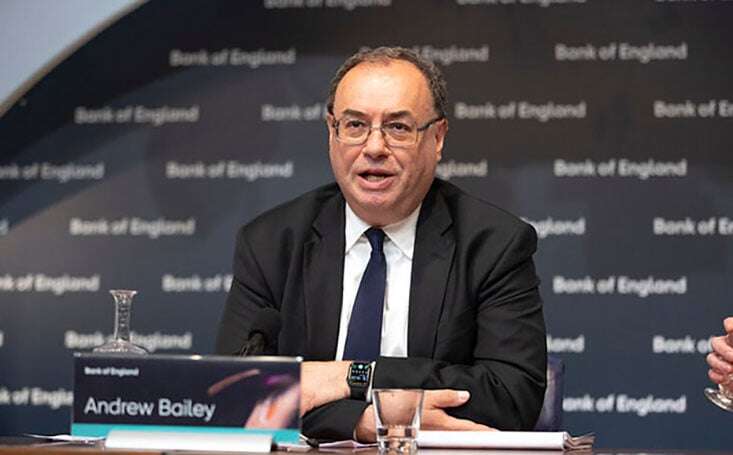Research from Mortgage Advice Bureau has shown that just 24% of consumers know what the EPC rating on their property is.
Digging deeper into this, the research found that millennials (aged 24-28) are generally the most knowledgeable about EPC ratings, with 38% stating that they know what their property’s EPC rating is. The older age groups, Gen X and Boomers, were the least likely to know what their EPC rating is, with 24% and 16% respectively confirming that they knew which band their property’s falls into.
Consumers need to be aware of how they can go about improving their EPC rating, as well as what financial implications this could have for them. From a financial perspective, research from Nationwide found that the average cost of energy efficiency improvements for a single home is around £8,100, rising rapidly to £25,800 for homes with an existing F or G energy efficiency rating.
Mortgage Advice Bureau also sought to find out what would inspire or influence consumers to make changes to their lifestyle to aid the easing of climate change. The research found that the government holds the keys to this with 24% of respondents claiming that government initiatives would influence them, and a further 22% said that government legislation would cause them to make energy-efficient changes.
Brian Murphy, Head of Lending at Mortgage Advice Bureau, comments: “The importance of consumers knowing their EPC rating is paramount to them not being hit by higher costs or charges down the line. However, the government has a vital role to play in improving consumer engagement and awareness on EPC ratings and their plans to decarbonise homes. For many, retrofitting homes will be too strong a financial burden and thus out of reach. It is therefore up to the government and the industry to work together to incentivise people to improve their homes, rather than reward those who already live in energy-efficient properties.”





